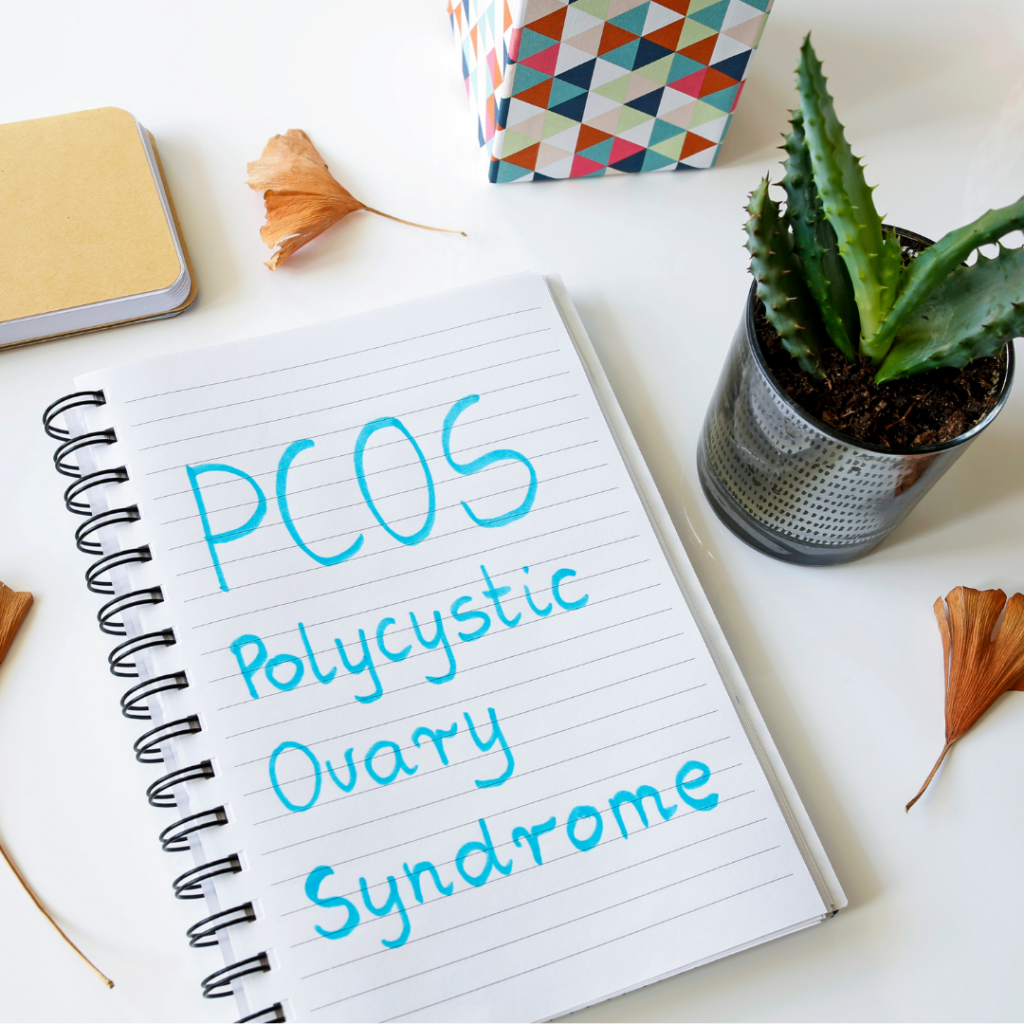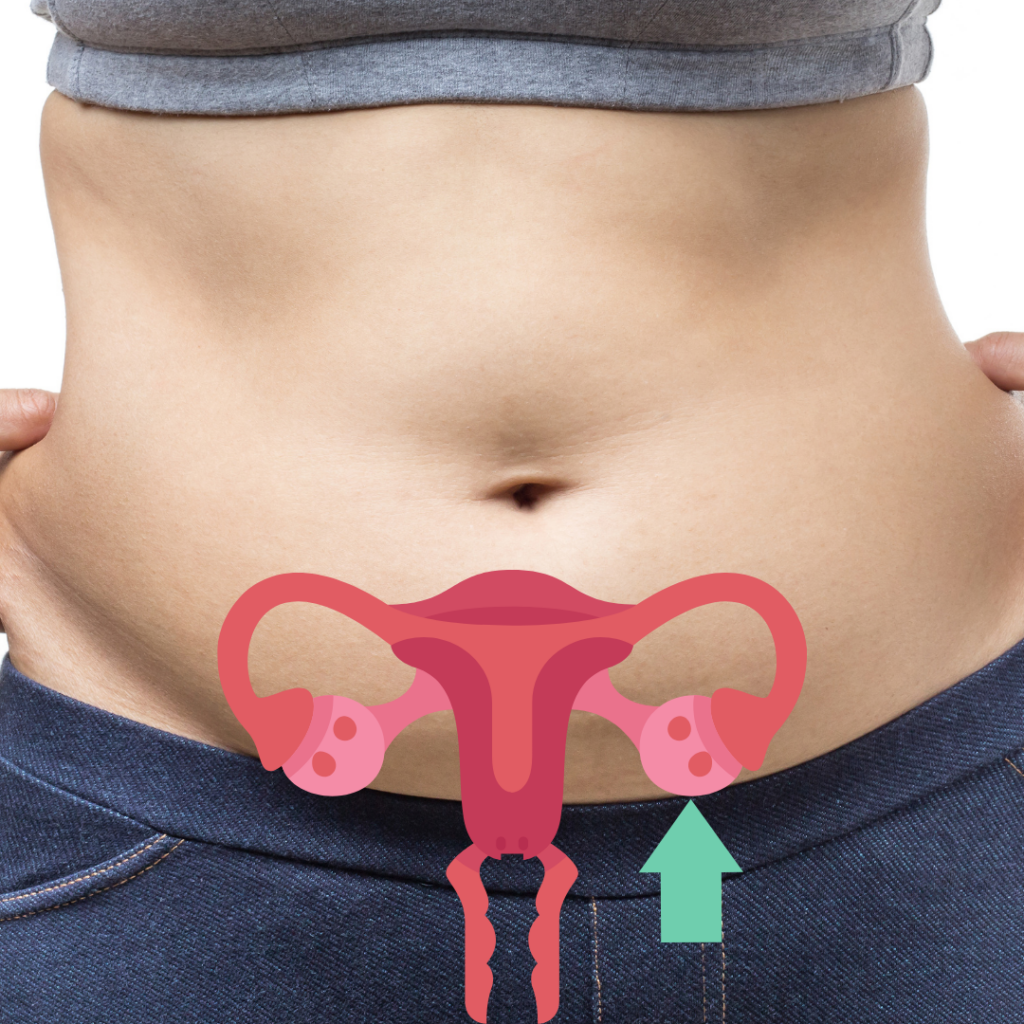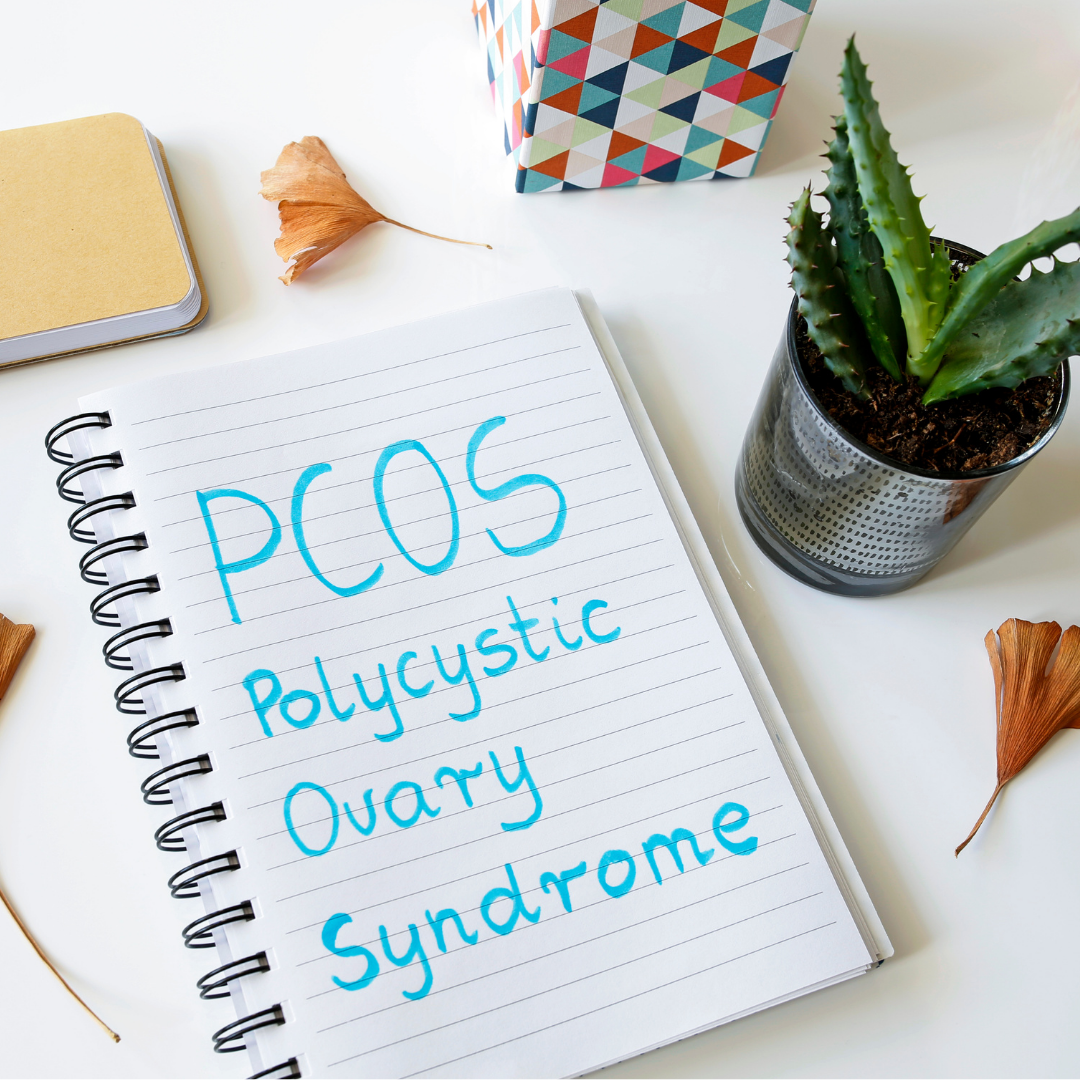Do you our someone you know suffer from Polycystic Ovarian Syndrome?

Polycystic Ovarian Syndrome (PCOS) is a complex and often misunderstood medical condition that affects over 5 million women worldwide. This hormonal disorder can bring about a range of physical and emotional challenges, disrupting not only a woman’s reproductive health but also her overall well-being. Let’s delve into the possible causes of PCOS, the physical and emotional struggles it entails, and explore potential solutions to help women navigate this intricate journey.
Understanding PCOS: Possible Causes
PCOS is characterized by an imbalance in reproductive hormones, with elevated levels of androgens (male hormones) affecting the ovaries. While the exact cause of PCOS remains elusive, several factors can contribute to its development:
- **Insulin Resistance:** Insulin resistance is where the body’s cells don’t respond effectively to insulin. The muscles, fat and liver are not able to utilize glucose from your blood which causes increased glucose levels. This can lead to an overproduction of insulin, which in turn can trigger the release of androgens, which are considered “male” hormones.
- **Hormonal Imbalance:** Elevated levels of luteinizing hormone (LH) and low levels of follicle-stimulating hormone (FSH) contribute to the formation of cysts on the ovaries. High levels of androgen increase testosterone in the body as well.
- **Inflammation:** Chronic inflammation may play a role in the development of PCOS, affecting insulin sensitivity and hormone production.
- **Post-Pill:** Temporary PCOS symptoms that occur when stopping the oral contraceptives.
Physical Struggles of PCOS
PCOS manifests in various physical symptoms, impacting a woman’s reproductive and overall health:
- **Menstrual Irregularities:** Women with PCOS often experience irregular menstrual cycles, including prolonged periods, heavy bleeding, or infrequent menstruation.
- **Ovulatory Dysfunction:** Anovulation, the absence of ovulation, is common in PCOS, leading to fertility issues.
- **Polycystic Ovaries:** Small cysts on the ovaries are a hallmark of PCOS, but not all women with the syndrome develop them. These cysts can be painful and require intervention.
- **Hirsutism and Acne:** Elevated androgen levels can cause excessive hair growth (hirsutism) and acne, affecting a woman’s appearance and self-esteem.
- **Metabolic Syndrome** Which can increase your risk for diabetes, heart disease and stroke.
Emotional Struggles of PCOS
Beyond the physical challenges, PCOS can take a toll on a woman’s emotional well-being:
- **Body Image Issues:** Unwanted hair growth and weight gain associated with PCOS can lead to body image concerns and a negative self-perception.
- **Fertility Concerns:** The challenges of conceiving and concerns about infertility can lead to stress, anxiety, and even depression.
- **Mood Swings:** Hormonal fluctuations may contribute to mood swings, irritability, and emotional instability.
Solutions and Coping Strategies
While PCOS cannot be cured, various strategies can help manage its symptoms and improve overall well-being. There are medications your doctor can prescribe that can help regulate your hormones as well as your insulin levels. Here are a few treatments you can use in addition to medication or in place of if you have discussed that with your doctor:
- **Lifestyle Modifications:** Adopting a healthy lifestyle that includes regular exercise, a balanced diet, and maintaining a healthy weight can improve insulin sensitivity and alleviate symptoms. What is the best exercise you can do for PCOS? The one you will do on a consistent basis. Any movement for your body is good movement. You can try going for a walk or bike ride in nice weather. Turn up the radio and move to your favorite songs. Take an exercise class. Strengthen your muscles by lifting weights or doing resistance training. You can even learn to do Qigong.
- **Auriculotherapy** Stimulation of points on your ear using ear seeds to help your body heal itself and regulate your hormones. Earseeds can also help with weight loss, pain as well as anxiety and depression.
- **Laser Hair Removal:** Even after your hormones are regulated, you may still experience excessive hair growth on your face. Laser hair removal can greatly reduce the hair that is on your face. The laser works to damage the hair follicles and inhibit or delay future growth. Many women who were shaving on a daily basis are able to stop shaving completely.
- **Get Support:** Seeking counseling or joining support groups can provide emotional support and coping strategies for dealing with the psychological aspects of PCOS. Coaching can help you make the lifestyle changes you need to experience your best health and help support you with those changes.
Conclusion
Polycystic Ovarian Syndrome is a multifaceted condition that requires a holistic approach to management. By understanding the possible causes, acknowledging the physical and emotional struggles, and exploring potential solutions, women with PCOS can navigate this challenging journey with resilience and empowerment. With proper medical guidance, lifestyle adjustments, and emotional support, women can lead fulfilling lives despite the complexities of PCOS. If you are looking for additional support don’t hesitate to reach out at jacki@jackimariest.com so we can discuss some of the options available to you.

